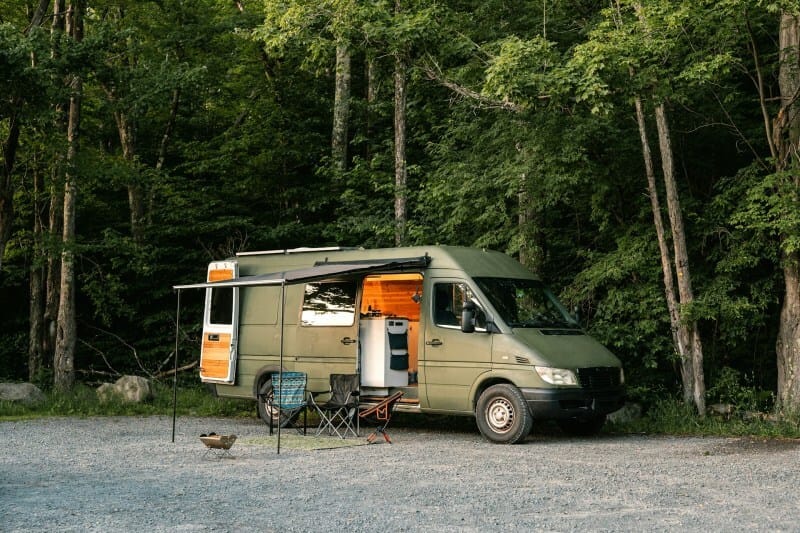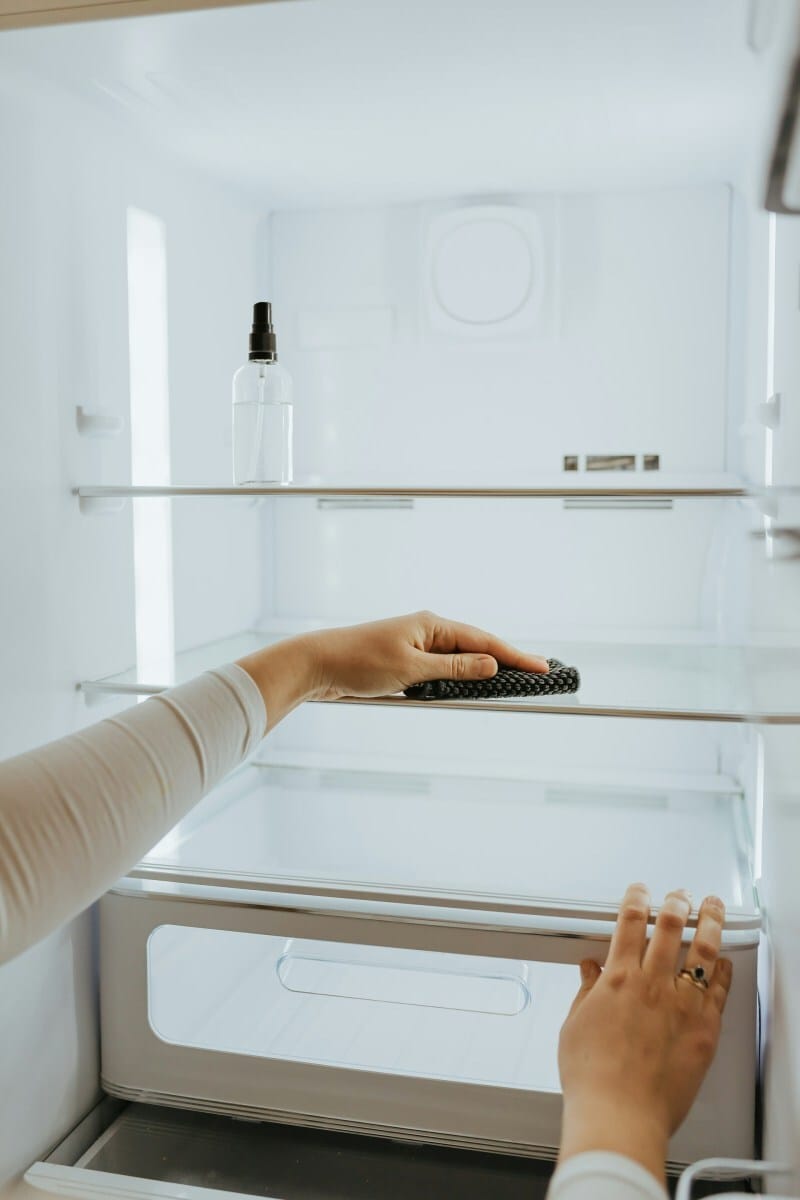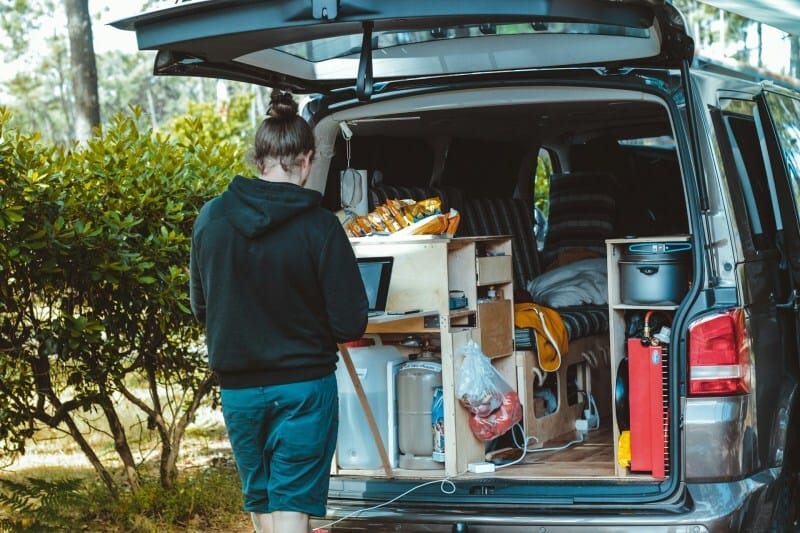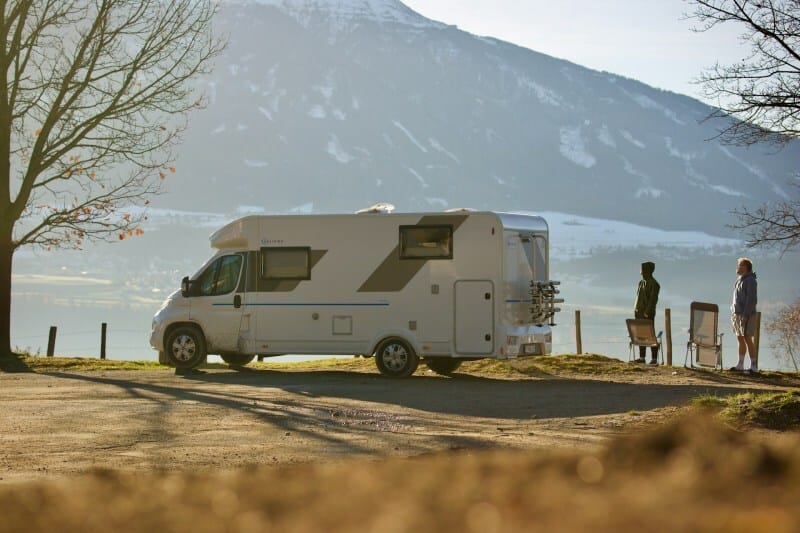Have you ever gone on an off-grid trip, and your caravan fridge just can’t get cool enough for your food and drinks? The worst thing for you to put up with is an unreliable caravan fridge that will ruin your vacation. You don’t want a fridge full of food spoiling because it can’t get powered for days or weeks.
The ideal refrigerator shouldn’t have to be plugged into a power grid to serve you well and keep everything fresh when you are nowhere near a power source. So, how can you ensure your caravan fridge works well while being off grid?
This article explains what you should do to keep your caravan fridge running perfectly when off-grid, including how to ensure maximum power efficiency, perfect ventilation, and regular maintenance.

1. Choose the Right Power Source
The type of power your caravan fridge uses is a quintessential factor in how effectively it runs when off-grid. It would be beneficial to understand that modern fridges are developed to operate on multiple power sources, which include 12V batteries, solar, and gas. These versatile models ensure reliable performance, even in remote locations, though their efficiency tends to vary depending on the power source.
When available, 240V mains power is one of the most dependable options. Most residential refrigerators also operate within this range, supplying sufficient energy to the fan, compressor, and other components necessary to keep food cold.
Similarly, if your caravan fridge supports LPG operation, it may offer an alternative to conserve battery power. Conversely, monitoring the levels of fridge batteries regularly and having a backup plan for unexpected power shortages would be beneficial.

2. Maintain Proper Ventilation
Caravan refrigerators produce a lot of heat. This means that any inadequate cooling and ventilation will markedly diminish efficiency. The cooling unit at the back of the fridge needs free-flowing air to effectively dissipate this heat. Fit ventilation grills or a fan-assisted vent system also help control temperature and alleviate unnecessary strain on your refrigerator.
You should also consider the refrigerator placement to run efficiently off-grid. Remember that if you place your caravan refrigerator in direct sunlight or trap it in a small space, it will have to overwork to maintain cool temperatures. Small spaces also increase the chances of obstructing rear vents with dirt, trapping the hot air inside, and causing the appliance to overheat.

3. Optimize Temperature Settings
One of the best refrigerator use tips, both for food safety and energy efficiency, is to maintain temperatures within 2 -5°C for the main compartment and -15°C for the freezer. If you camp out in sunny or hot areas, set your refrigerator thermostat according to the outside temperatures; this will help you avoid unnecessary power consumption.
If it gets hotter, simply add extra insulation around the fridge or use a reflective cover to keep it cooler without having to resort excessively to electricity. As always, put your thermometer inside the fridge to double-check if you have correctly set up the right temperature. Regular checks are also recommended, especially when driving on longer trips.

4. Load the Fridge Correctly
The way you pack your caravan refrigerator can also affect its performance. Overloading with warm stuff makes the cooling mechanism work overtime, and when it’s not, there is inefficient cooling due to a lack of thermal mass. So, If possible, pre-chill food or drinks outside before placing them in to limit energy consumption and maintain their longevity off-grid.
Arrange things in the fridge for good airflow and uniform cooling. Don’t put large containers that block the flow of cold air at the back where your fridge vents are located — just because that’s where the tallest storage area is! Also, group similar foods together so you can pull stuff out all at once without leaving your fridge open too long.

5. Consider Regular Maintenance and Troubleshooting
To keep your caravan fridge working at its best, you’ll need to perform regular checks and the odd bit of troubleshooting. First, clean the door seals regularly to guarantee a tight seal so cold air can’t escape. Second, regular checks should be performed on all power connections and fuses to catch any issues before they lead to a full-on fridge breakdown.
Check for excessive frost build-up in the freezer if you notice inconsistent cooling. A fridge that periodically defrosts its interior maintains more consistent cooling temperatures. Also, pay attention to any strange noises or leaks so you know when to call an appliance repair pro to take care of a minor issue before it becomes a significant problem.

6. Monitor Energy Consumption
Keeping track of your fridge’s energy use helps prevent unexpected power depletion. If you rely on battery power, a monitor will allow you to see how much energy is being used in real-time. With this information, you can decide whether to dial down the cooling or temporarily switch to an alternative power source.
Final Thoughts
A good caravan fridge is the key to successful off-grid travel. Choose the best power source, allow for ventilation, set the right temperature, pack correctly, monitor usage, and perform maintenance, and your refrigerator will work efficiently without wasting power. Whether heading away for a quick weekend break or a long-haul trip, an adequately maintained caravan refrigerator should keep you well-fed with fresh food and cold drinks.
The post How to Keep Your Caravan Fridge Running Efficiently Off-Grid appeared first on Moss and Fog.